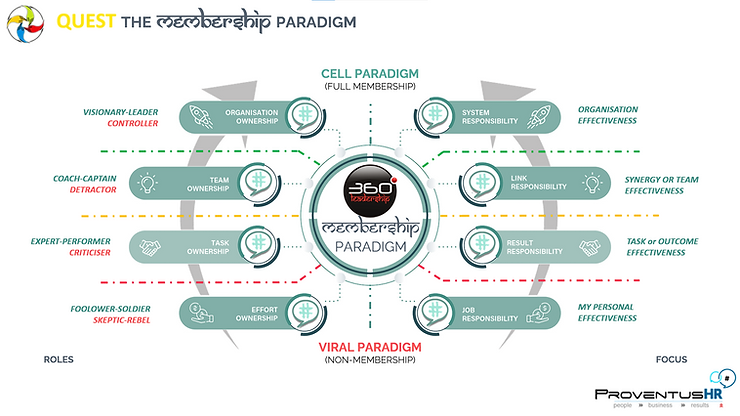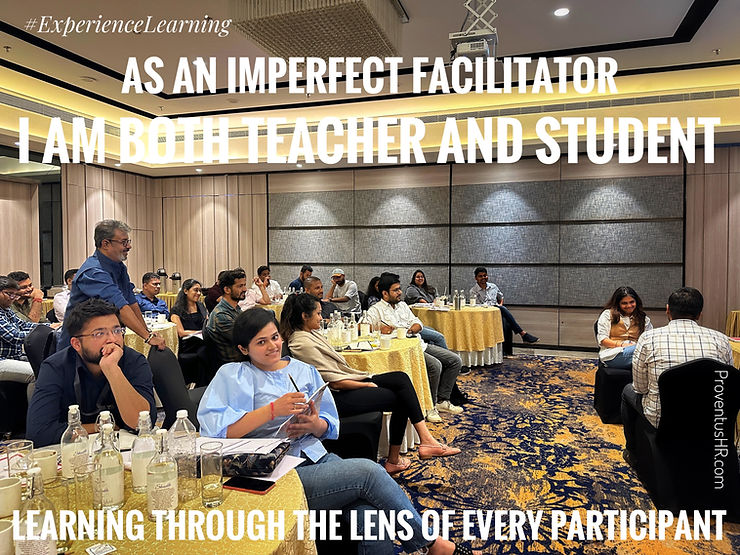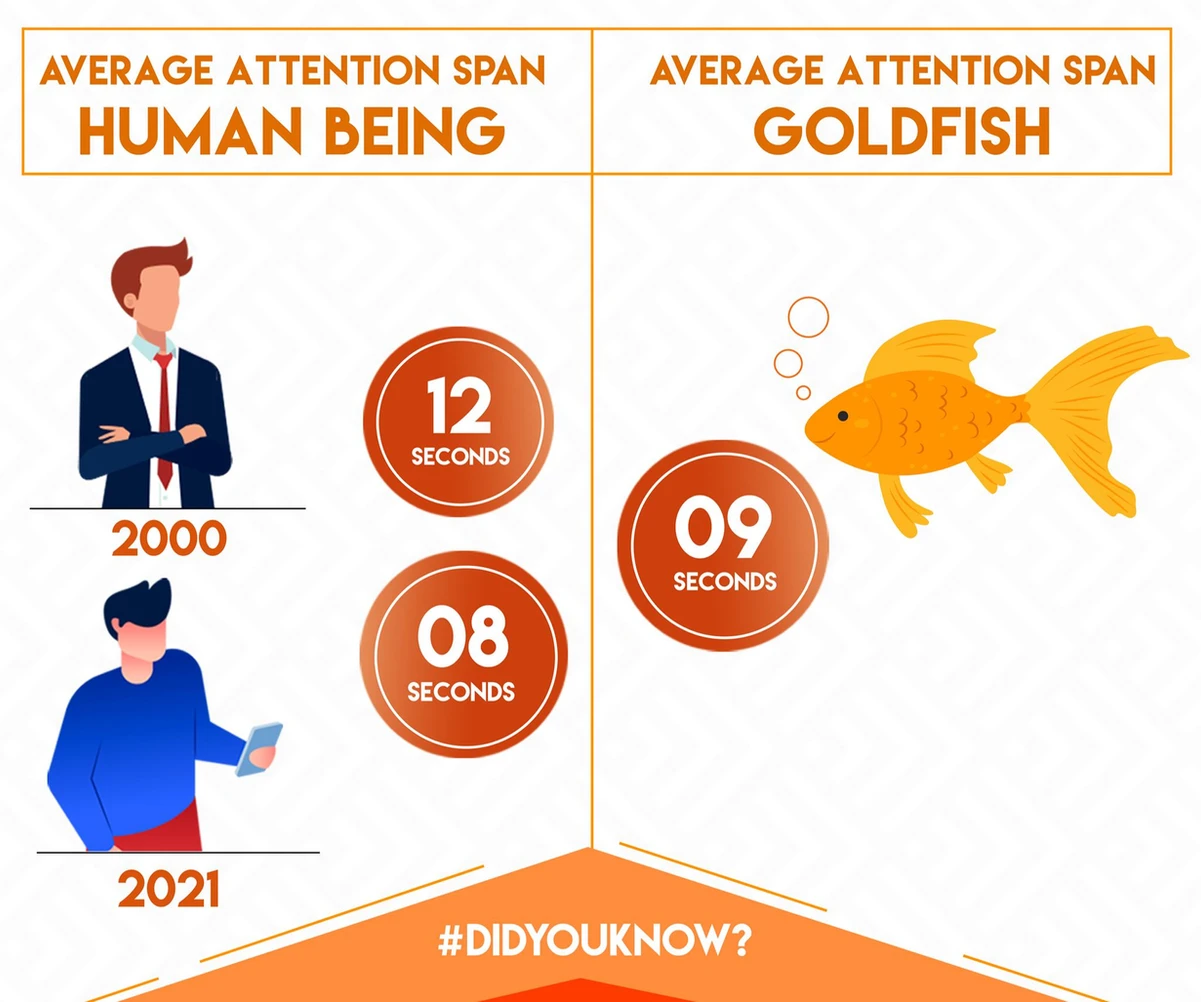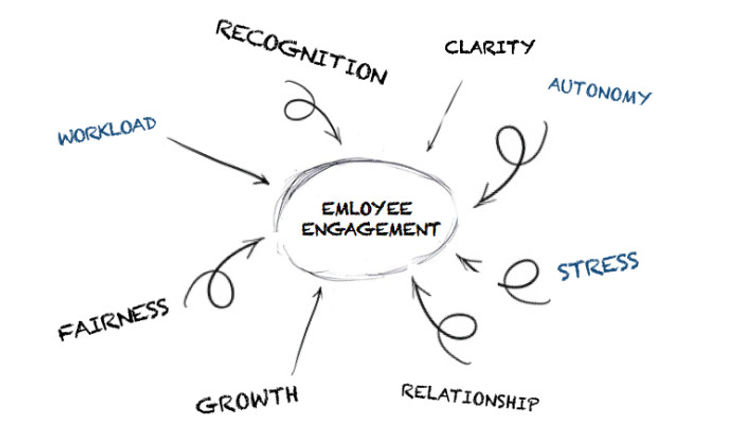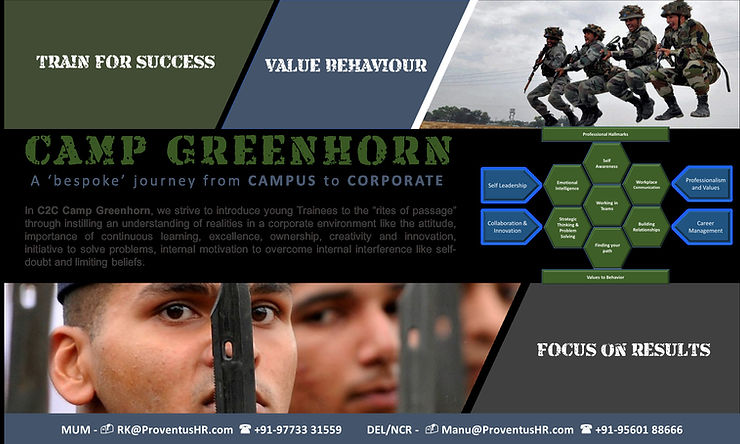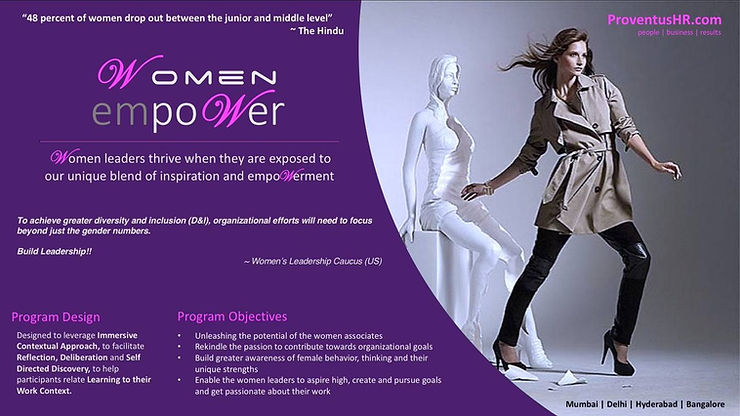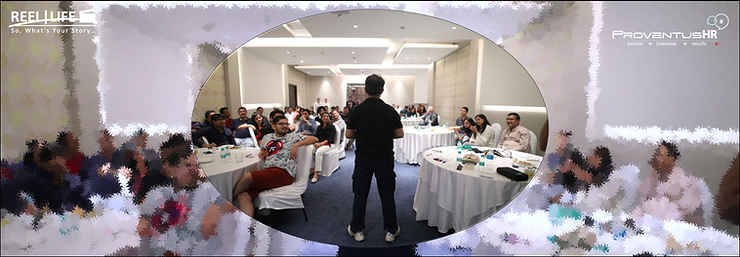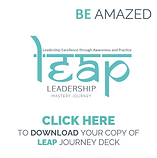Socratic Leadership and Membership Paradigm
Now, friends, let us do something today which the world may talk of hereafter.
~ Admiral Collinwood
before the battle of Trafalgar, 1805
Leaders in the Covid & Post-Covid would do well to study the habits of great thinkers and leaders of the past. Socrates famously instructed his students through a series of carefully constructed questions designed to force self-examination and lead them to a conclusion. This method for instilling critical-thinking skills is invaluable to leaders in many circumstances to influence and persuade. Contemporary leaders fill many roles: instructor, mentor, leader, follower, and peer. Each of these roles is well served by the Socratic method.
A Socratic Leader can better master Change, both his own and his organization’s. The word Socratic implies, of course, that the construct is a philosophical view, leading to thinking and practice.
The starting point is naturally the art and theory of ‘Aporia, Elenchus and Dialectics.’ *APPENDIX
KEY LEADERSHIP IMPERATIVES TODAY
. The world is more complex and the environment is changing faster and faster.
. The leadership problems are becoming more complex
. Information is exploding
. The workforce is becoming more Volatile
. The speed or tempo in daily life activities is constantly increasing
. The survivors or winners, will be the organizations, or individuals, which learn new things most quickly
. Fast Application of new Learning
. Speed in Innovation
* The rate of change must be the same within the company as it is outside.
Powerful “Questions in Dialogues”
Questions play an important role in our daily lives. Through the entire life span, from childhood to adult hood we ask and answer questions. We find as many questions in our private life as we do in the work place. It has always been in that way. Socrates stressed the learning mechanism in questions by stating his belief that he could make anyone a good mathematician just by asking him questions.
Socrates developed a method pulling out what people already knew – “Questions in a Dialogue.”
If we continue to do what we have always done, we will continue to get what we have always got.
~ An old adage
THE INTERVENTION ANDRAGOGY
The message in the design of this Intervention is that behaviour is difficult to change if the thinking is not changed and to change the thinking it is necessary to change how we feel – and vice versa.
The fact that doing, thinking, and feeling are related is not new. We talk about doing with our hands, thinking with our head and feeling “in our stomach”. Karl Popper helps us to better understand this relationship, and helps us to work with change by introducing “three worlds”; the real world, the abstract world and the psychological world. It is these worlds that we work on in 3-D Change.
INTRODUCING MEMBERSHIP PARADIGM
A professional at any given level and time plays a role that traverses what we term as a Membership Paradigm. The Organisational “Role-Position” only influences the membership sought, however we see that the native role propensity is often the outcome of how an individual sees oneself in the Ownership-Responsibility-Effectiveness spectrum and vice versa.
The Objective of this intervention is to deploy 4Q Quest, in the context of Socratic Leadership, and facilitate the individual’s journey, from various stages of the Membership paradigm starting from the “Viral Paradigm” or non-membership to the “Cell Paradigm” or a state of full membership. Where there is complete alignment between the three worlds or states of existence.
A new approach is called for – one which focuses, on “creating the organizational future,” and which continues to develop the executive asset base through organizational learning, team building and facilitating Full Membership.
QUEST – an intervention leveraging our signature immersive-reflective methodologies to enhance leadership capability.
“Responsibility equals accountability, equals ownership. And a sense of ownership is the most powerful asset an Individual, a Team or an Organisation can have.”
QUEST is a deep reflective intervention with the dual objectives of facilitating the exchange of ideas and helping in understanding immediate leadership imperatives, while also encouraging bonding and a shared sense of purposefulness among and within teams.
QUEST initiates for Leaders an opportunity, to reflect on their own state, the expectations, to build a coherent statement of current realities and to channel potent restlessness and potential within the relationship, into a convergent blueprint of responsiveness and new levels of maturity & ownership. It looks at redefining desirable role behaviors, and hence conveys responsibility for movement at the collective as well as individual levels.
QUEST helps the organization build a culture of collaboration, creativity, ownership and networks of excellence in an evolving & complex human dynamic environment.
WHO | WHY | WHAT | HOW of Leadership
THE APPROACH

THE JOURNEY

REEL|Life
We, at ProventusHR use ‘REEL|Life – Learning from Movies’ as a methodology since it is 10x more effective than any other (traditional or tech driven learning methodologies). Not to mention, it is a unique learning methodology underleveraged by any HR & Learning advisory service provider in the country, for mainstream behavioural learning journeys.
The Narrative – most powerful stories ever told, from some of the best storytellers in the world.
In our workshops, we spoil the plot beforehand; we want everyone to watch the movie for its underlying insights more than for the drama of its plotline. So we encourage participants to be on the lookout for both the use and the effects of listening, accountability, reasoning, humility, open questions, and especially empathy.
Key Learning Points
1. Self-Awareness (“Know Thyself”). A prerequisite for being a leader is knowing your own strengths, limitations, and values. Knowing what you stand for and what you value is critical. Moreover, self-awareness and awareness of the impact you have on others is needed in order to develop the other components of leadership.
2. Relational Transparency (“Be Genuine”). This involves being honest and straightforward in dealing with others. A leader does not play games or have a hidden agenda. You know where you stand with a leader as they openly express their thoughts and feelings.
3. Balanced Processing (“Be Fair-Minded”). An effective leader solicits opposing viewpoints and considers all options before choosing a course of action. There is no impulsive action or “hidden agendas”–plans are well thought out and openly discussed. Leaders encourage others to question or challenge their values.
4. Internalized Moral Perspective (“Do the Right Thing”). A leader has a self-regulated ethical core. They know the right thing to do and are driven by a concern for ethics and fairness executed through ethical decision making, judgement and behaviour.
Twenty-first-century leaders face issues similar to those encountered by citizens in classical Athens. Both require a method to promote critical thinking and self-examination in the pursuit of truth. Socrates’s elenchus provided a solution in his method of simple questioning to bring forth creative thought for inspection and contemplation. The leader serves as a “jeweler of ideas. He uses his questions like a goldsmith’s hammer, working the concepts down to an incredible fineness and shine.”
If everybody is thinking alike, then somebody isn’t thinking.
—Gen George S. Patton Jr.
RK (Rama Krishna) is a Coach | Consultant | Facilitator | Curious Human, with three decades of Leadership, Learning & Organisation Development experience, across industries.
He is Co-Founder of ProventusHR – A Bespoke Learning & HR Advisory
He writes occasionally and can be reached at:
https://in.linkedin.com/in/ProventusHR
https://www.facebook.com/ProventusHR
APPENDIX
Socratic Leadership & States of Aporia, Elenchus and Dialectic.

1. Aporia
The verb ἀπορέω (aporeô) means to be perplexed, at a loss, without further resources, or in (perhaps embarassing) doubt. Hence, ἀπορία (aporia) is probably best translated as puzzlement or impasse. Since many of Plato’s works end in aporia, they are called ‘aporetic’.
The following passage brings this out nicely:
MENO: Before I had even met you, Socrates, I have heard that all you do is infect other people with the bewilderment you suffer from yourself. And that seems to me to be what you are doing now too: you are using magic and witchcraft on me. It is hardly an exaggeration to say that you are casting a spell on me, to make me utterly stuck. If you will allow me a little joke, I think I know the perfect image for you: in appearance and all other respects you are just like one of those flat sea-fish, torpedoes.[1] I mean, the torpedo numbs anyone who comes near enough to touch it, and I think you have done the same kind of thing to me. My mind and my mouth are literally torpid, and I have no answer for you, despite the fact that I have spoken at length about excellence on countless occasions, to a great many people, and, though I say so myself, have done so rather fluently and well. But at the moment I cannot even begin to say what it is. I think it was a sensible decision of yours to stay here and not to travel abroad, because if you were to behave like this elsewhere, as a foreigner, you would probably be arrested as a magician.
SOCRATES: You are full of mischief, Meno: I nearly fell into your trap.
MENO: What did you mean, Socrates.
SOCRATES: I know why you came up with an image for me.
MENO: Why, do you think?
SOCRATES: To make me come up with one for you in return. I am a well aware that all good-looking people enjoy being compared to something: it works in their favour, because, I suppose, attractive people are bound to be compared to something attractive. but I am not going to come up with an image for you in return. As for me, if the torpedo numbs other people by virtue of the fact that it is numb itself, I am indeed like it, but otherwise I am not. It is not that I make other people stuck wild being cleared myself; no, I make other people stuck in virtue of the fact that I am stuck myself. In the present instance, I do not know what excellence is, and although you probably did know before you came into contact with me, you seem not to know now. But I would to be happy if the two of us together could investigate the issue and try to find out what it is.” (Meno 79e–80d)
2. Elenchus
Yet, aporia is the hallmark of the Socratic ‘elenchus’ (ἔλεγχος, proof, refutation or cross-examination.) The technique: (a) claim P; (b) explore what P entails, e.g., Q; (c) but if Q, then P is false; (d) so the initial claim needs correction or replacement.
The elenchus is destructive: prove ignorance, expose false beliefs, mere opinions, incoherent contradictions.; the price seems to be indecision and scepticism.
Yet, it is also constructive: the elenchus may lead to further inquiry and hence conceptual clarification or refinement. Moreover, there is a meta-philosophical point: the result is less important than the enquiry itself. Philosophy is an active open-ended search with an uncertain outcome.
3. Dialectic
The word λέγω (lego) means saying, speaking or talking, but also gathering or collecting. (The German verb lesen is similarly ambiguous between reading and collecting.) With the prefix dia-, which means ‘through’ in a temporal, spatial, ando also means-end way, διαλεκτική (dialektikê) simply means ‘discussion’. So, dialectics can be understood as the art or skill of rational and logical discussion that aims at true and indubitable first principles. (Does this cohere with the scepticism produced by the elenchus?) In contrast, for Plato a sophistic discussion aims just to shine and score points.
Goal. Refute uncritically held beliefs. As destructive activity, dialectic relates to elenchus. But dialectic is positive too: seek to establish propositions of high generality, i.e. not what this x is, but what x is as such, or in itself.
Hence the ultimate goal of dialectic is the discovery of Forms or Ideas (universals).


